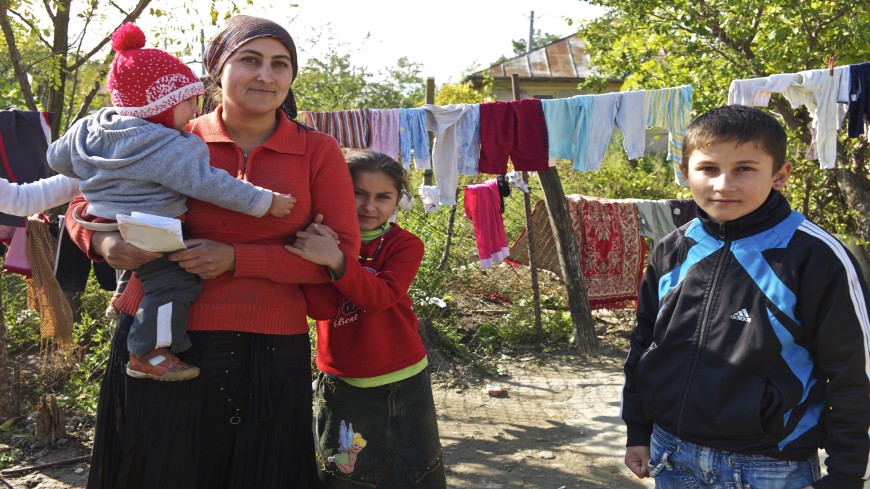Anti-Gypsyism and discrimination against Roma and Traveller communities has increased dramatically during the COVID-19 pandemic. "It is at the local level that we can best combat these scourges," said John Warmisham, Congress Rapporteur on Roma and Traveller issues at the the 11th meeting of the Council of Europe Roma and Travellers Civil Society Dialogue, on 29-30 April 2021.
Because of their proximity to the communities, local authorities have a key role in protecting their rights and ensuring safe living conditions. It is in everyday life that manifestations of discrimination are most visible: in public spaces, in the media, but also in the political sphere. "We need to recognise the widespread marginalisation of Roma and Travellers, who, despite representing 10% of the population in some Council of Europe member states, are often rendered invisible," the rapporteur warned.
The Congress is working towards the full integration of more than 12 million Roma and Travellers in its member states. The adoption in 2017 of a declaration of mayors and local and regional representatives against anti-Gypsyism provides an opportunity for local and regional elected representatives to take a clear stand against anti-Gypsyism and interact effectively with communities. "To date, 122 municipalities and regions from 34 states have signed it, but this is not enough," the rapporteur pointed out. Among other Congress measures in favour of integration, the rapporteur recalled the creation of a European Alliance of Cities and Regions for Roma Inclusion, to which more than 130 municipalities and regions have joined, the contribution to the creation of national alliances in collaboration with the Council of Europe and civil society organisations, and a Dosta! Prize awarded to three municipalities working for the integration of Roma and Traveller communities.
"The Congress is strongly committed to continuing the fight against anti-Gypsyism and for the integration of Roma. Co-ordinated action is needed because no full inclusion or empowerment of these communities can be achieved as long as anti-Gypsyism remains entrenched in our societies," concluded John Warmisham.
The Council of Europe Dialogue with Roma and Traveller Organisations was established by a decision of the Committee of Ministers on 3 June 2015 and serves as a forum for Roma and Traveller civil society, the Council of Europe and other stakeholders to enhance their knowledge by exchanging experiences and sharing examples of good practice, and to plan future cooperation activities at national and local levels. Its agenda is result-oriented and allows Roma and Traveller organisations to bring their concerns and suggestions directly to the attention of the Organisation.
See also:




